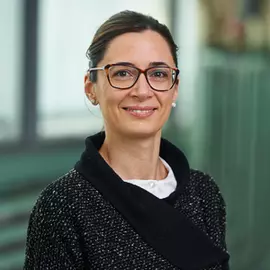Accessibility Studies

In the Accessibility Studies professorship, we conduct research on methods for reducing barriers to communication in different contexts and for different target groups, such as people with sensory impairments. We investigate the intersemiotic translation of visual information into spoken language (audio description) and spoken language into written language (speech-to-text), as well as the intralingual translation of standard languages into simpler varieties (easy-to-read language and plain language). This enables us to evaluate the accessibility of existing services by means of text analysis and by conducting empirical research with the target groups. Such knowledge acts as a catalyst for advancing research because it reveals to us the needs of target groups and gives us an indication of how to develop and optimise accessibility methods and tools. In the professional world and society in general, this knowledge helps to make linguistic content accessible and understandable to all people, thus creating the conditions for an inclusive and participatory society.
In focus
LAIC Lab – Language Accessibility and Inclusive Communication Lab
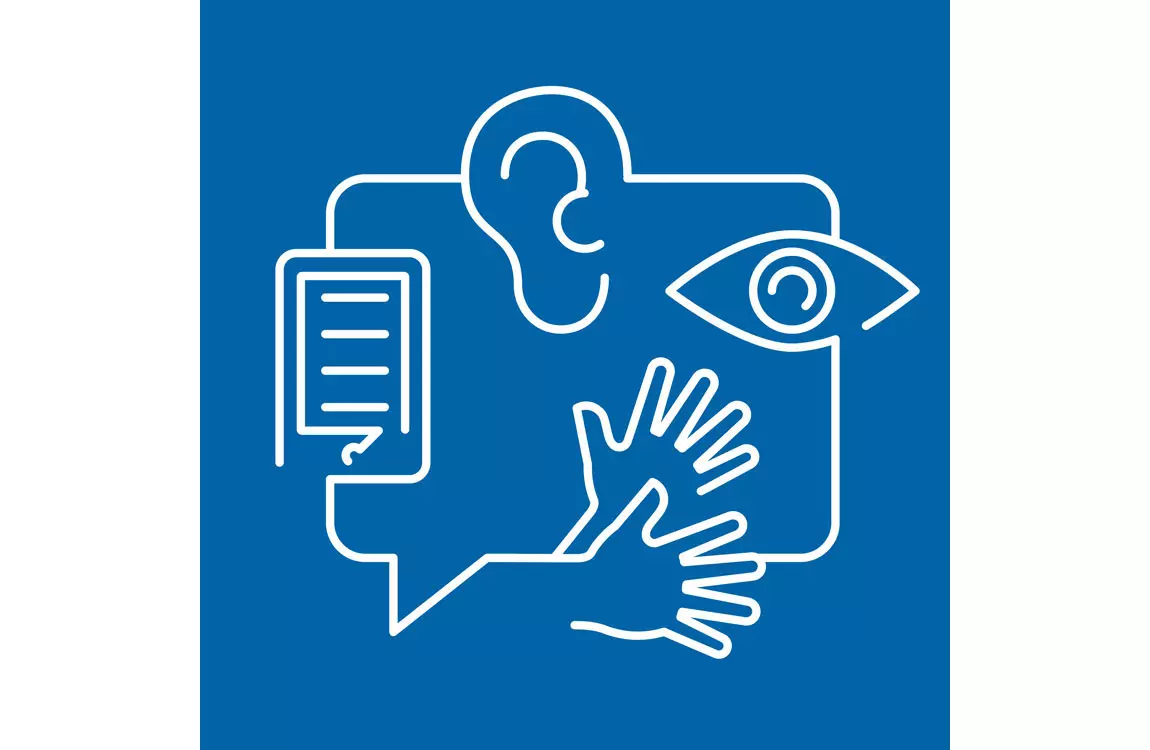
The professorship of Accessibility Studies maintains close contact with the LAIC Lab – Language Accessibility and Inclusive Communication Lab, which exists in parallel at the School of Applied Linguistics. The professorship’s expertise as well as its project and research results are incorporated directly into the Lab, which facilitates solutions that allow for accessible communication. Through the Lab, the ZHAW establishes networks with research and private sector partners from across Europe. Together with its partners, the Lab offers services for public institutions, organisations and companies.
Audio description explained in simple terms
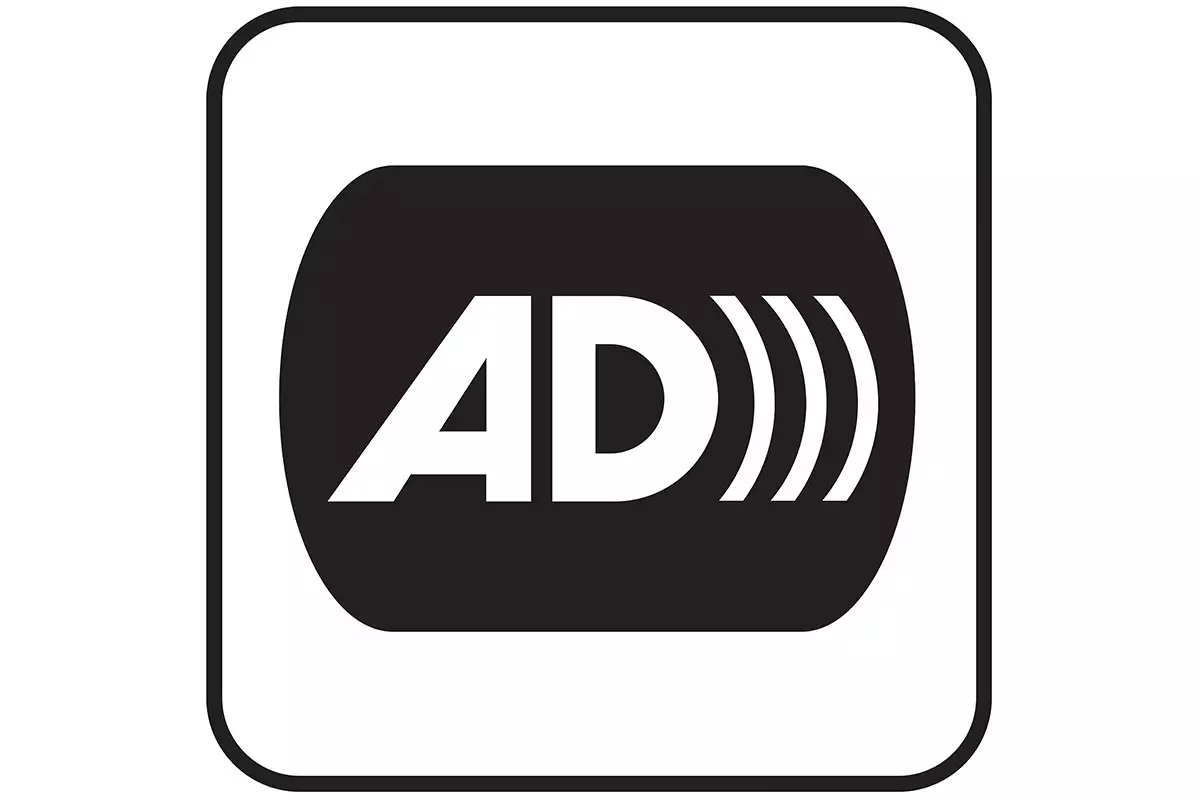
With the goal of explaining the theory and practice of audio description in simple terms, our team has created an introduction to audio description in German that is accessible to a wider audience. The aim is to clarify the complex nature of audio description (and the associated costs). The text is already used as a source of information by German television editors who, while being responsible for ensuring accessible communication, do not produce audio description themselves. With the help of a blind co-author, we have also optimised the text for processing with a screen reader.
Handbook of Easy Languages in Europe
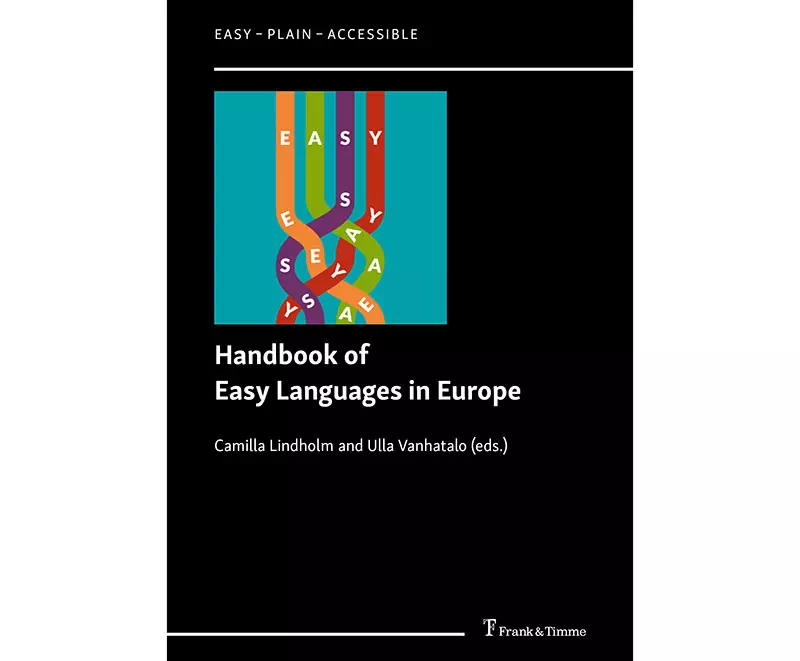
Our team contributed to the Swiss chapter of the newly published "Handbook of Easy Languages in Europe", which was edited by Camilla Lindholm and Ulla Vanhatalo (Frank & Timme, 2021). The volume describes the historical background, guiding principles and current practices of producing easy language in 21 European countries, including Switzerland. The following aspects are also considered for each country: terminological definitions, legal status, target groups, guidelines, education, research and considerations with respect to the future outlook for easy language.
Projects
-
Inclusive Information and Communication Technologies (IICT)
The goal of this flagship is to develop information and communication technologies (ICT) for persons with disabilities. In particular, the flagship targets five applications: text simplification, sign language translation, sign language assessment, audio description, and spoken subtitles. Each application ...
-
Accessible communication between hearing-impaired people and healthcare professionals
The number of people, especially older adults, with disabling hearing loss is steadily increasing. To date, existing knowledge about this health condition and its impact on patients’ everyday life has not been transferred into developing a standardised communication model for inclusive practice in healthcare. ...
-
Proposal and Implementation of a Swiss Centre for Barrier-Free Communication
Currently, research is required to standardise the approaches used and to ensure the provision of a high-quality service that meets the needs of users in respect of barrier-free communication. The planned national «Barrier-free Communication» competence centre aims to address these research gaps. Thanks to the ...
Research-based teaching
The results from our projects and research work are integrated into the BA in Applied Languages, the MA in Applied Linguistics – in particular the Specialisation in Professional Translation – and in the continuing education programmes offered at the IUED. In addition, students are given the opportunity to participate in our research projects when appropriate.
Team
-
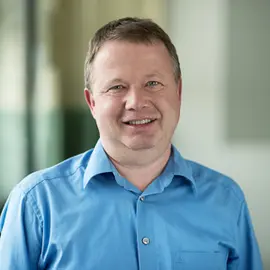
Head of professorship accessibility (ad interim)
-

Operational Manager and Research Associate | ...
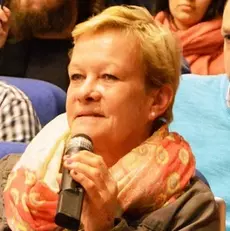
Prof. Susanne J. Jekat
Former Head of Accessibility Studies (until March 2022)
